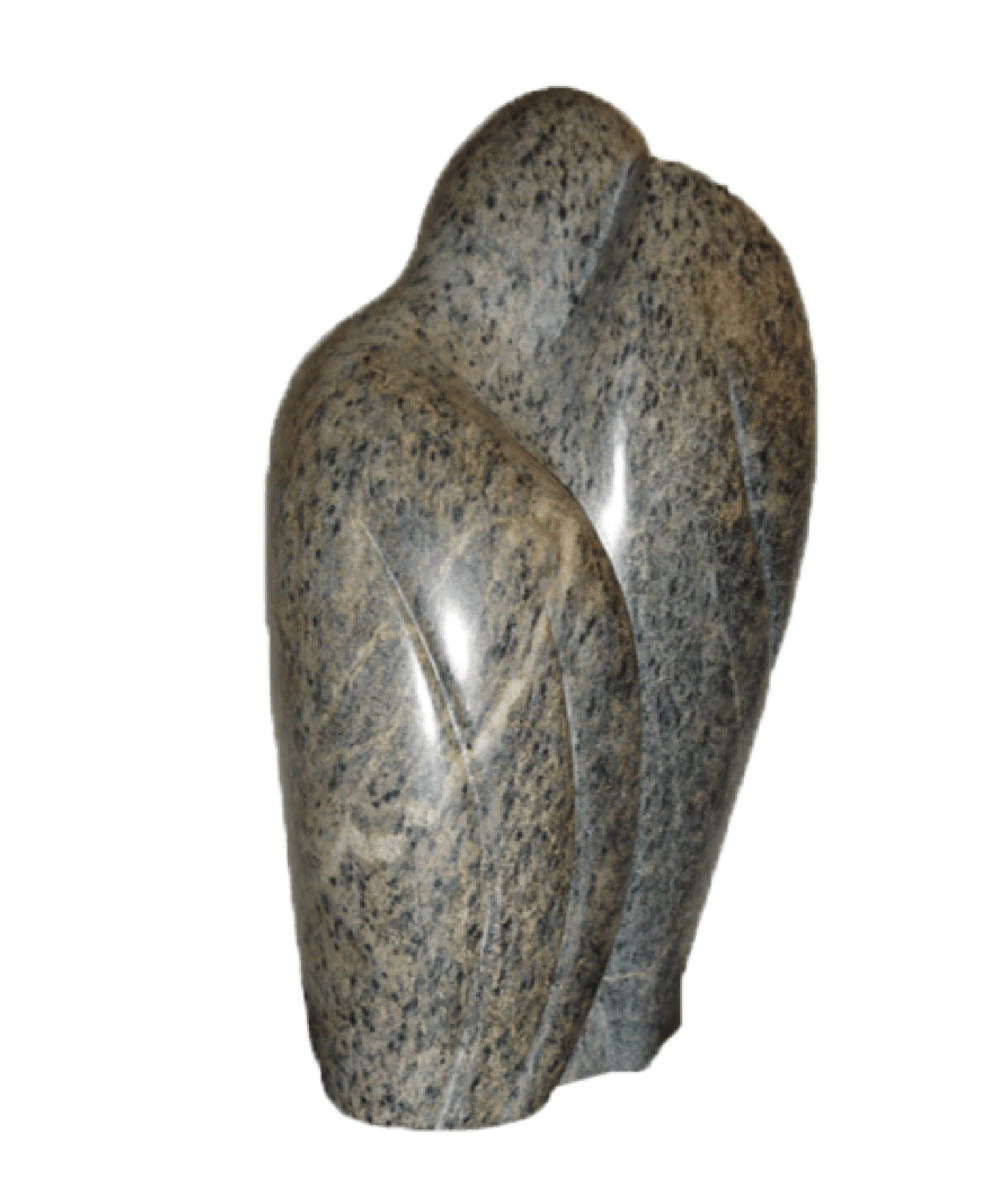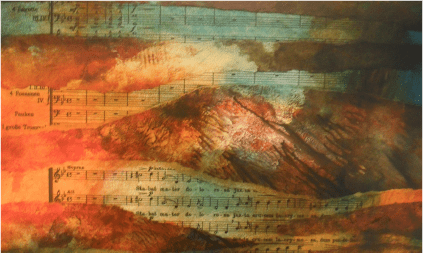Roman Padlewski
About the composer
Roman Padlewski (1915 – 1944) a Polish composer, pianist, musicologist, violinist, conductor, music critic, and second lieutenant in the Polish Army, was born in Moscow in 1915. He studied violin and composition at the State Conservatory of Music in Poznań and musicology at the University of Poznań. There, he was an active member of the city’s musical life, performing as a violinist and pianist, leading the Karol Szemanowski Choir, and writing press articles about music.
He graduated from the Volhynian Artillery School with the rank of cadet in 1937. During the German occupation, he was involved in the Secret Union of Musicians, participating in concerts.
He fought in the 1939 defensive war against Nazi Germany and took part in the Warsaw Uprising as a soldier. He passed away at the age of 29 in an insurgent hospital on 16 August in the Old Town, after sustaining serious wounds on 14 August in Muranów. He was awarded the Cross of Valour and the Order of Virtuti Militari. His mother tragically lost both her sons and her husband during the war from 1939 to 1945.
Some of Padlewski’s compositions were destroyed during the war, including his string quartets and the violin concerto of 1944. Among the surviving compositions are Three songs to words by Artur Maria Swinarski (1933), a Sonata per violino solo, and String Quartet No. 2. His Stabat Mater, his last work written before the war, is unanimously regarded as the composer’s most mature work.
About the Stabat Mater
| Date: | 1939 |
| Performers: | Mixed choir a capella |
| Length: | 18.29 minutes |
| Particulars: | This Stabat Mater consists of three movements with very distinct characters. The first part, 'Stabat Mater Dolorosa,' is both dramatic and contemplative, portraying the Mother of God as she watches her son's agonizing death. In the second, more lively section, 'Eia Mater,' a third figure appears, inviting others to partake in the shared suffering. The third part, 'Virgo virginum praeclara,' serves as a prayer to be granted access to heavenly joy, culminating in a blend of emotions and an almost joyful conclusion. |
| Textual variations: | All stanzas of the Stabat Mater in the Latin version, are sung |
| Colour bar: |
|
Information about the recording
| CD: | Tearfully – DUX Recording Producers, DUX 7610. Released: 2019 (Poland |
| More info: | Recorded at the Chamber Hall of the Polish National Radio Symphony Orchestra in Katowice, April 29th, 2019 and at the church of our Lady Częstochowa in Katowice-Podlesie, June 26th 2019. |
| Orchestra: | Polish National Radio Symphony Orchestra in Katowice Instrumentalists |
| Choir: | Katowice City Singers’ Ensemble “Camerata Silesia” |
| Conductor: | Anna Szostak |
| Other works: | Psalms of the future? and Planctus, both by Joanna Wnuk-Nazarowa, born 1949, Polish conductor, composer, educator and politician. |
| Code: | PADL 01 |





